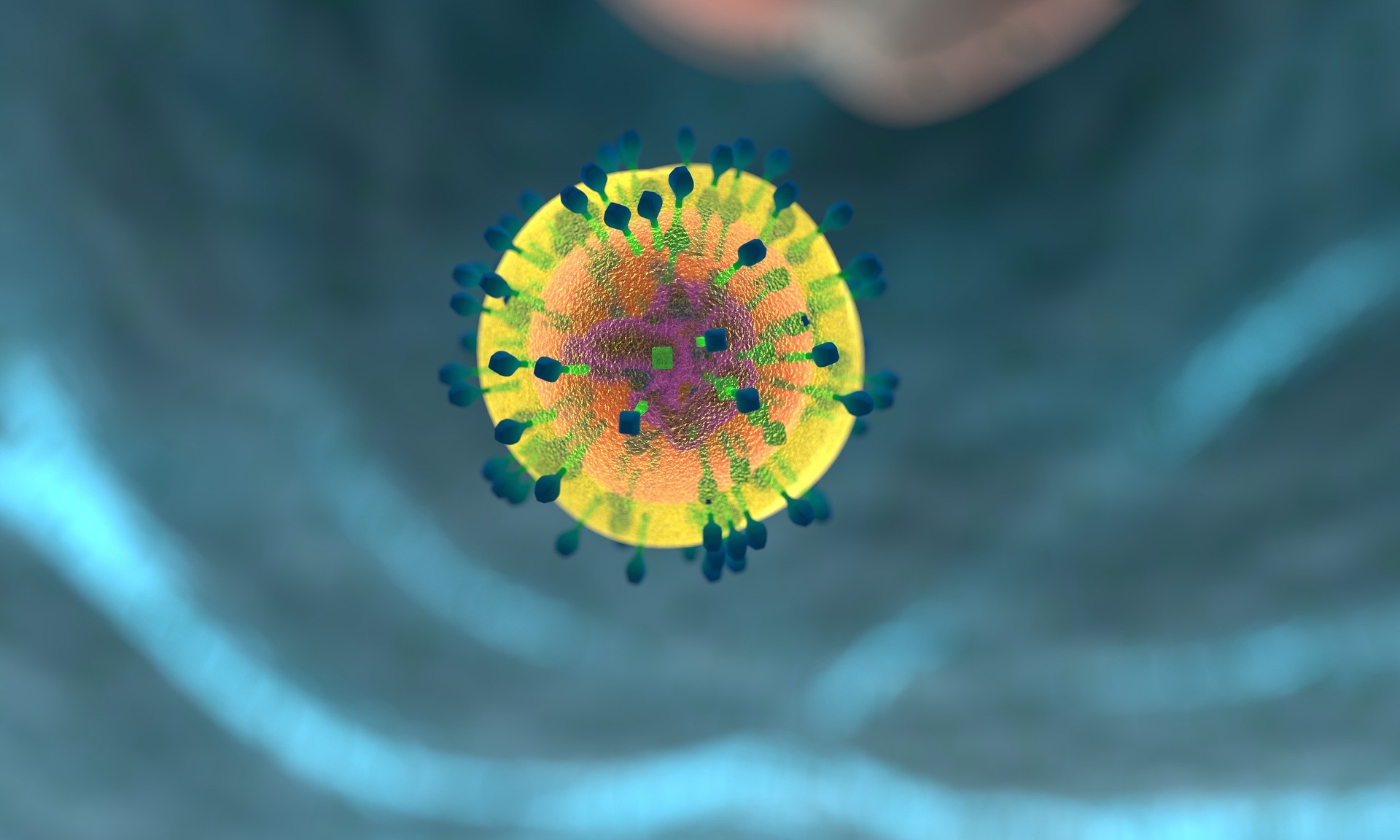
Influenza–commonly referred to as "flu" –is one of the world's most prevalent diseases.
Influenza is caused by two types of viruses–influenza virus strain A and strain B. According to the Centers for Disease Control and Prevention (CDC), this disease has culminated in approximately 9.3 million to 49 million virus-related cases every year since 2010.
As each virus has many unique subtypes, doctors must give the correct vaccine every time. There are many viral strains. For this preventative approach to be successful, they must use one which aims at the special strains and subtypes circulating in the population.
To date, no "standard vaccination" has been discovered which can reliably kill all influenza viruses. But are scientists pursuing the creation of it?
A team of researchers from the Icahn School of Medicine at Mount Sinai in New York City, New York — in conjunction with colleagues from other organizations— has developed a new strategy that could change the way scientists think about fighting viruses.
In addition, this method could also be a road to the universal vaccination for flu, as researchers for their analysis paper recently reported in The Lancet Infectious Diseases.
Prof. Peter Palese and Prof. Florian Krammer led the researchers who turned their attention to hemagglutinin, a protein found on the surface of flu viruses that guides them to host cells that they then invade.
There are two components of hemagglutinin: one called a "head," which ranges from strain to strain, and the other called a "stalk," which varies fewer between viral strains.
The scientists decided to try to create a vaccine focused on these properties that would address the less volatile stalk of hemagglutinin. They collaborated with a type of protein called "chimeric hemagglutinin" (cHA) for this reason.
In a phase I clinical trial— for which healthy adults were recruited— the researchers evaluated multiple specific vaccine strategies dependent on cHA to determine which ones could induce the human body to produce antibodies that could defend against flu in general
One of these methods— "a single injection with an adjuvant chimeric haemagglutinin-based [ inactivated influenza virus vaccine]," as researchers characterize it — has been effective in triggering antibodies that battle various types of flu virus.
"The results indicate that we are moving toward a universal influenza virus vaccine, but these are still interim results. Additional results will be available upon completion of the study at the end of 2019 said Prof. Florian Kramer.



Leave a comment
0 Comments